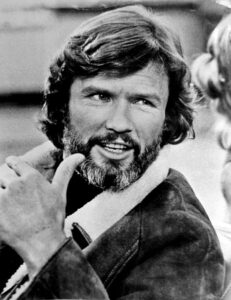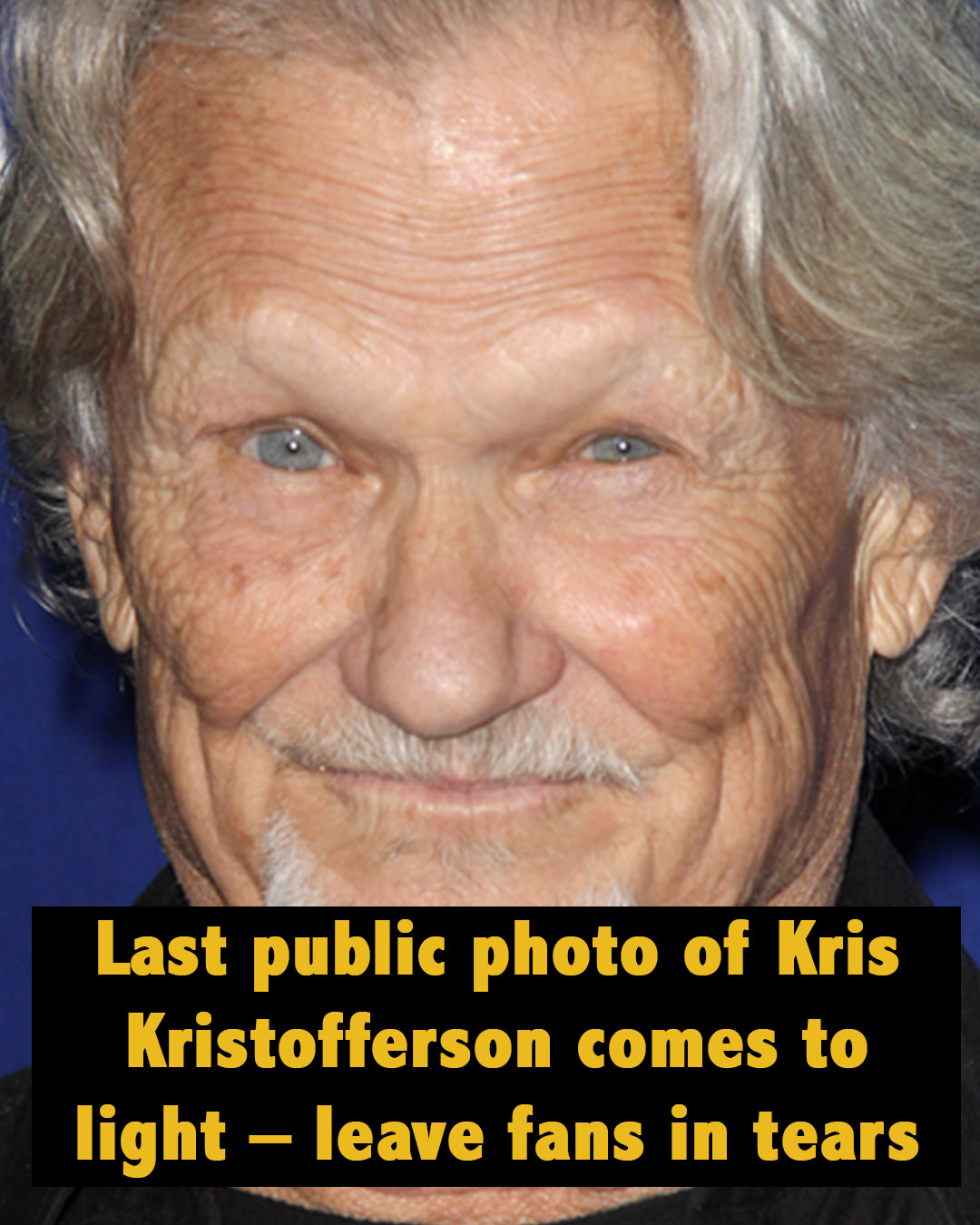Kris Kristofferson’s passing marks the end of an era defined by heartfelt music, powerful storytelling, and a life lived with purpose. Known not only as a gifted songwriter and musician but also as a poet, Kristofferson’s work encapsulated the raw spectrum of human emotions — from love and joy to heartache and resilience. His words and voice have resonated deeply, leaving an indelible mark on millions of fans worldwide.
The recent release of his final photo has stirred profound emotions, moving fans to tears. For those who grew up with his music, the news of his passing feels deeply personal, as though a cherished friend is now gone. With Willie Nelson remaining the last living member of The Highwaymen, Kristofferson’s death is a solemn reminder of an iconic era in American music that is slowly fading away.
Kris Kristofferson’s legacy extends far beyond his time with the legendary country supergroup. Born with roots in Texas and Sweden, he began his career in the 1960s, penning unforgettable classics like “Sunday Mornin’ Comin’ Down,” “Help Me Make It Through the Night,” and “For the Good Times.” These songs weren’t merely music; they were poetry — capturing the beauty, complexity, and vulnerability of the human experience.

A man of unparalleled achievements, Kristofferson excelled in every field he touched. From his Golden Globe-winning performance in A Star Is Born alongside Barbra Streisand to his roles as an Army ranger, Rhodes scholar, and helicopter pilot, his life was a testament to versatility and passion. Streisand, recalling their first meeting, said, “Barefoot and strumming his guitar, Kris was the perfect choice for A Star Is Born. He was truly something special.”
Kristofferson’s impact was felt far beyond music and film. He was a vocal advocate for social justice, championing causes like civil rights and gender equality. Even in his later years, he continued to dedicate his time and resources to meaningful efforts, including raising awareness and funds for organizations like the United Farm Workers. As fellow artist Channing Wilson aptly stated, “Kris, you left this world better than you found it.”


